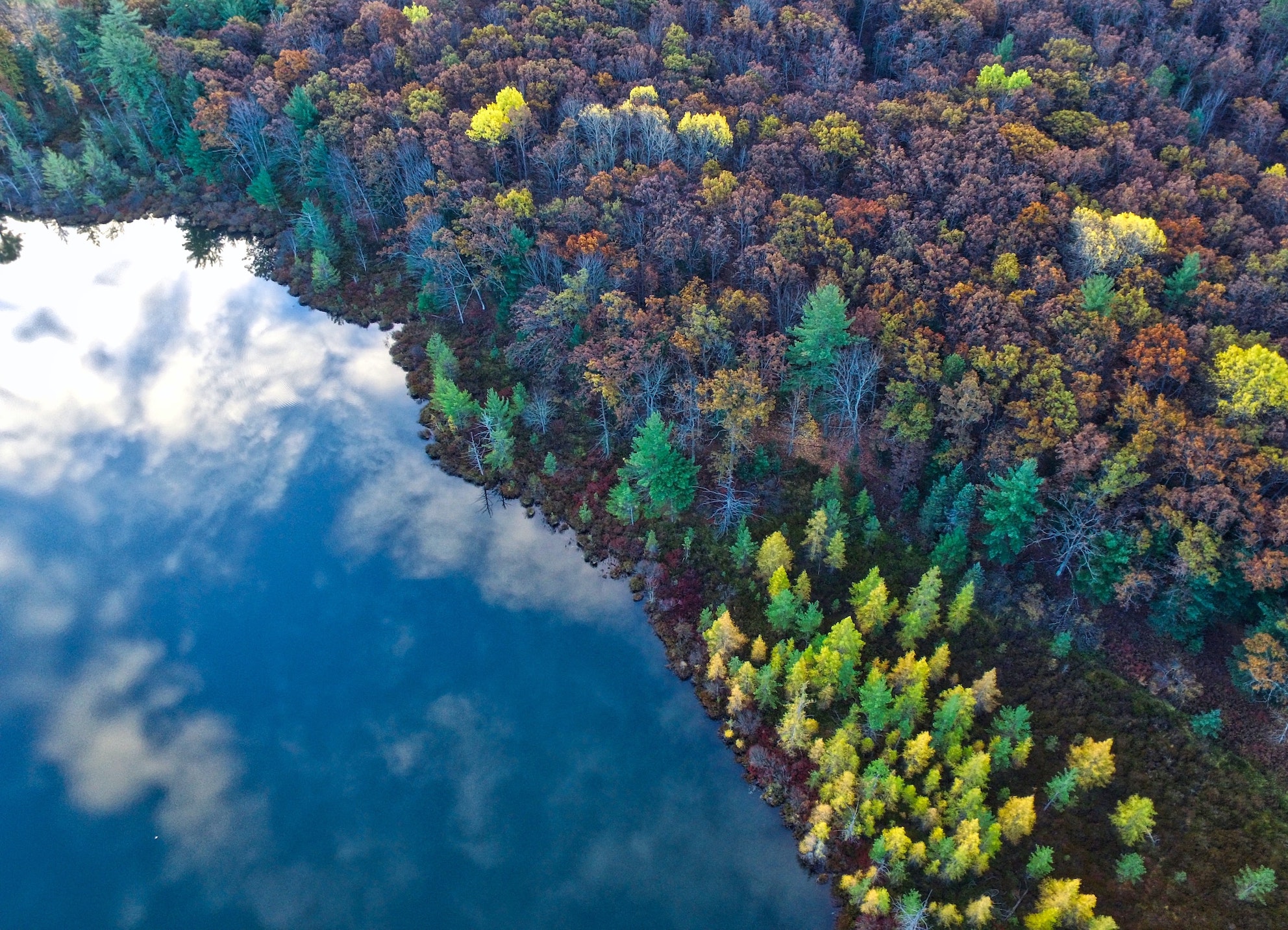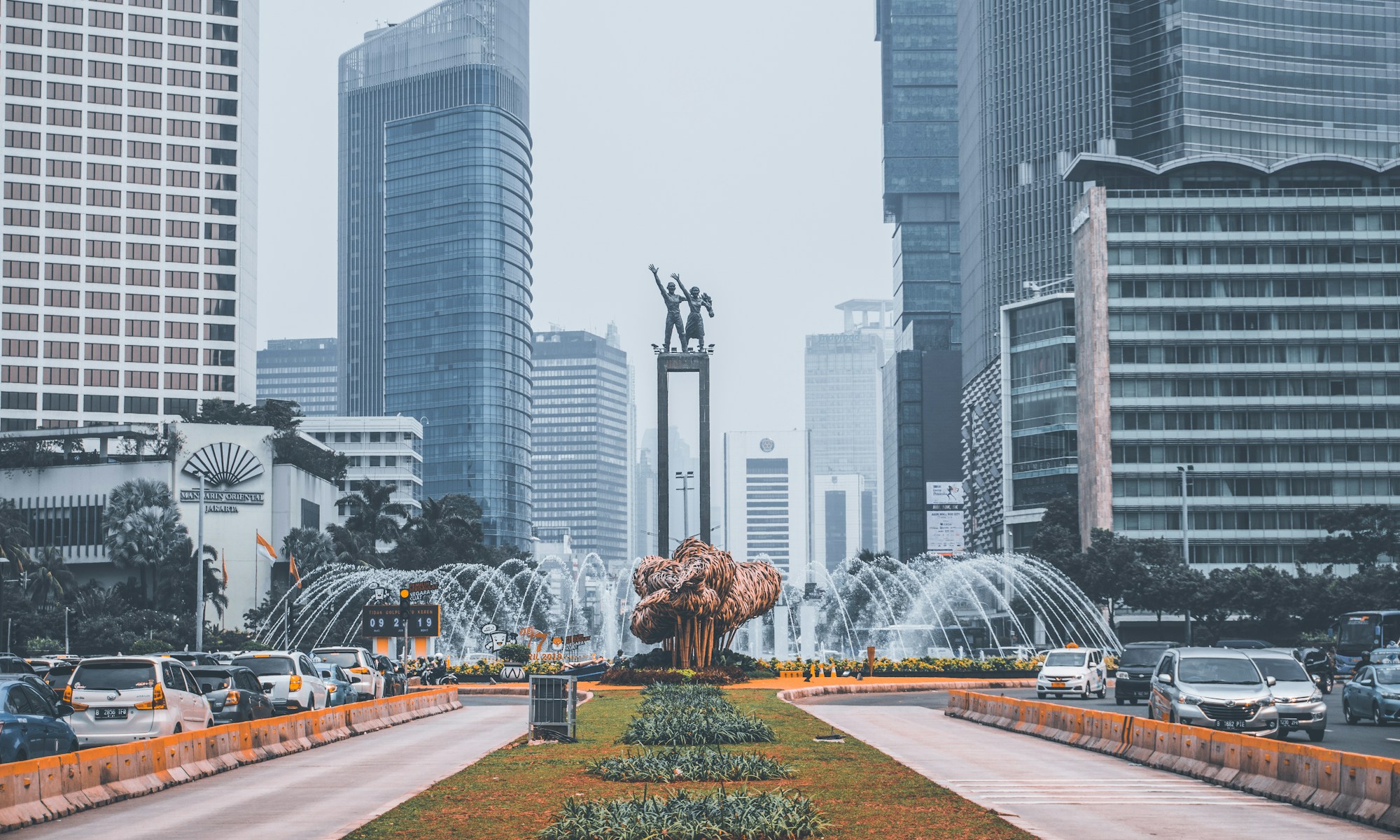24 May, 2022 – By Willy Phillips
Cities around the world are sinking.
Climate change and the ever-growing need for freshwater have taken their toll on metropolitan areas from Lagos, Nigeria, to Houston, Texas.
Jakarta, the capital of Indonesia, is no exception. The densely populated capital city is sinking at about 17 cm a year, the fastest globally. With 10 million city inhabitants and over 32 million in the greater metropolitan area, the most populated archipelago city has trouble on the horizon. By 2050, one-third of the city will be uninhabitable due to flooding.
In Jakarta, the sinking results from climate change and groundwater pumping. Climate change contributes to higher average temperatures and sea levels, while the need for freshwater drives underground extraction, causing the land to sink. As the city continues to grow, demands for drinking water will rise. Sea levels show no sign of halting their vertical march, leaving many wondering what solutions are to come.
The current President of Indonesia, Joko Widodo, has unveiled plans to address the sinking city by moving the capital to the neighboring island of Borneo. While this solution may solve the immediate crisis, the required 1,000 sq miles (256k hectares) of land and $34 billion of foreign investment in Eastern Borneo raise significant social, ecological, and geopolitical problems. Dwi Sawung, of the Indonesian NGO WALHI, notes three fundamental areas for concern with the plan: “threats to water systems and risks of climate change, threats to flora and fauna, and threats of pollution and environmental damage.”
Opponents have called it proof of “the government’s inability to solve the complex problems of Jakarta.” Many have shown their dissent, including 95% of the government officials required to move, and several local communities of eastern Borneo that will be displaced to accommodate the influx of 9,000 new government workers and infrastructure. Transplanting the capital appears to create more problems than it solves and may exist as a temporary solution to much larger and persistent problems like resource insecurity and social injustice.
Jakarta is not alone in the context of land insecurity and instability. Regions worldwide are learning to mitigate the myriad new challenges posed by climate change. However, as situations like this become more commonplace, we hope that Jakarta will serve as a lighthouse model for climate change mitigation from which the world can learn.



